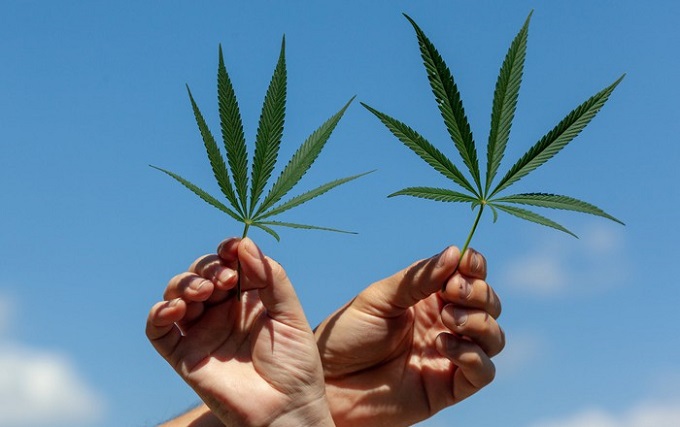One of the most common question that users of cannabis get is if it relieves stress. That may be true. Recent studies into the cannabis plant have shown that it relieves stress but when used in low quantities. In this article, we will discuss how cannabis aids in stress release.
Research into cannabis use and stress relief
In recent years, the legislation on the medical use of cannabis has increased in countries across the world. There is also a growing number of countries that are also legislating the recreational use of cannabis, albeit in controlled amounts. Despite these developments, it is becoming difficult to study the plant as they still classify it as a controlled class 1 drug.
Researchers from the University of Illinois Chicago and their counterparts at the University of Chicago could circumvent the federal legislative and legal loops to successfully understand the role of THC (tetrahydrocannabinol), which is the key ingredient of cannabis, had on stress levels in individuals.
Another group of researchers at Washington University have examined the role that cannabis has on stress, depression and anxiety among its users.
Cannabis and its effect on stress
The research team from Chicago set out to investigate if cannabis relieves stress. They used different levels of dosage for the volunteers between the age of 18 years to 40 years. The volunteer had some experience with cannabis, but they were not frequent users. They divided the participants into three research groups;
- Group one received low doses. The capsules they were given contained 7.5 milligrams of THC.
- Group two received a moderate dose. The group participants received a capsule containing 12.5 milligrams of THC.
- The control group. The control group received the placebo. In short, they received no THC.
It is difficult to equate ingested cannabis to smoked cannabis. The effect of smoked cannabis is immediate, while ingested cannabis takes some time. The ingested cannabis is, however, equivalent to a few puffs of cannabis.
After the participants had gone through a series of tests- a mock job interview and a session and a second test to take a challenging math problem, they completed the tests; they asked them to rate their stress levels. During the process, the researchers measured participant’s blood pressure, heart rate and cortisol levels before and after the experiment.
How THC responds to stress
As expected, those volunteers who received the lower THC dosage reported lower stress levels than their counterparts in the control group, both for the mock-up job interview and the math test.
The volunteer in the group receiving the moderate doses of THC reported higher stress levels and had a more negative outlook before and after the tests. The volunteers also rated the phycological task as threatening.
The group that received the moderate dose of THC paused longer during the interview compared to the placebo group.
During the experiment period, the difference in the levels of the heart rate, blood pressure and cortisol levels were not significant to make significant conclusions.
Thoughts?
Although the study is on a smaller scale, the results speak for themselves. Yes, cannabis can be used in stress relief, albeit at smaller doses. Regardless of the legislation put in place, medical use of cannabis is still dangerous, making research into the topic more vital than ever.
